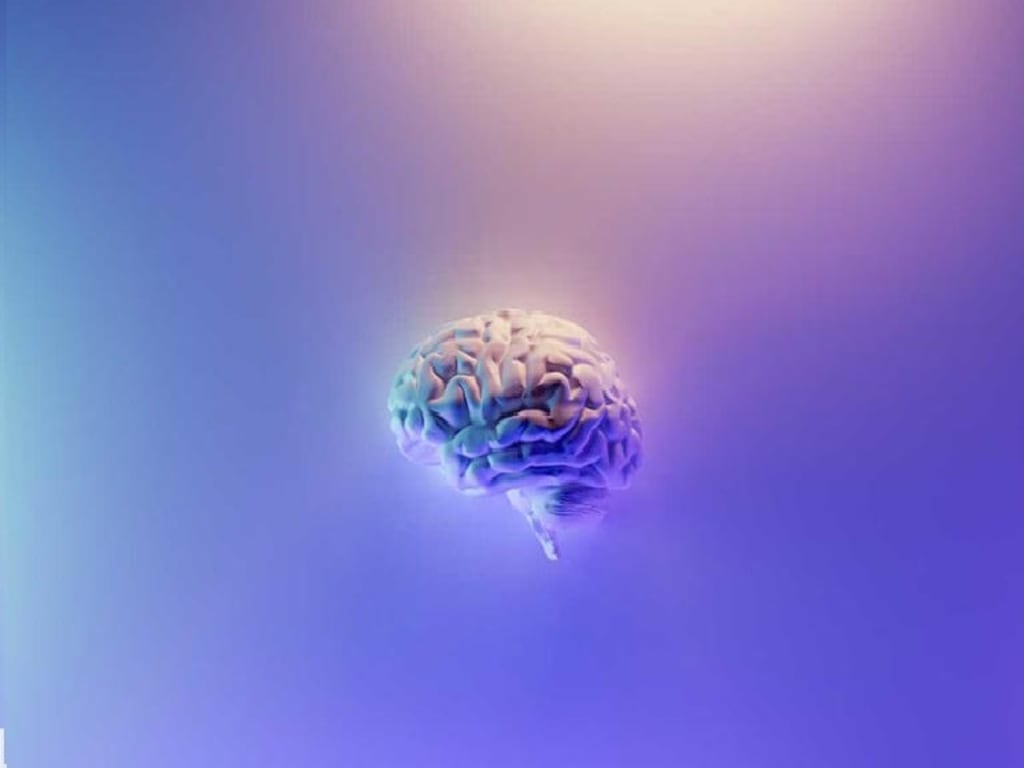What is the purpose of dopamine and how may it be induced?
Exploring the Fascinating World of Dopamine and its Impact on Joy and Motivation

What is the purpose of dopamine and how may it be induced?
Dopamine, a neurotransmitter with a crucial role in the central nervous system, serves various functions in the body. It regulates mood, drive, motivation, rewards, memory, and movement, making it a vital component of both physical and mental health. To optimize dopamine levels, certain strategies can be employed.
Understanding the Role of Dopamine Dopamine, often referred to as the "pleasure molecule" or "pleasure hormone," is a neurotransmitter produced in specific brain regions. It influences numerous aspects of our behavior and wellbeing. Imbalances in dopamine can contribute to the development or exacerbation of neurological and mental disorders, including Parkinson's disease.
Inducing Dopamine Release Boosting dopamine levels can be beneficial for overall mental and physical health. Here are some habits that can influence dopamine release:
Regular Exercise: Physical activity triggers dopamine release, promoting feelings of contentment and well-being, as well as releasing adrenaline.
Nutritious Diet: Consuming a balanced diet rich in tyrosine- and phenylalanine-containing foods, such as nuts, beans, wheat, oats, meats, fish, and dairy products, can support dopamine production.
Natural Supplements: Certain herbs like mucuna, saffron, green tea, guarana, ginseng, and rhodiola have been associated with raising or maintaining dopamine levels.
Stress Management: Stress and anxiety can deplete dopamine levels, and practices like meditation can help reduce stress and support dopamine regulation.
Understanding Dopamine and Addiction Dopamine plays a significant role in motivation and reward, making it relevant to addictive behaviors. Excessive alcohol, drug, or sugar consumption can disrupt dopamine levels, potentially contributing to addiction. The brain's reaction to addictive substances can lead to cravings and difficulties in regulating consumption.
Instead of relying on substances that may interfere with dopamine production, it is essential to seek healthy and natural methods to enhance dopamine levels.
By implementing these strategies, you can support the optimal functioning of dopamine, promoting overall well-being and a healthy balance in your body and mind.
Exploring the Fascinating World of Dopamine and its Impact on Joy and Motivation
Dopamine, often referred to as the "feel-good" neurotransmitter, plays a pivotal role in shaping our experiences of joy and motivation. It is a chemical messenger that carries signals between neurons in the brain, influencing various aspects of our emotions, behaviors, and cognitive functions.
One of the key functions of dopamine is its involvement in the brain's reward system. When we engage in activities that bring us pleasure or satisfaction, such as eating delicious food, engaging in hobbies, or achieving goals, dopamine is released, creating a sense of reward and reinforcing those behaviors. This rewarding effect of dopamine serves as a powerful motivator, driving us to seek out pleasurable experiences and repeat behaviors that lead to positive outcomes.
The impact of dopamine on joy and motivation goes beyond simple rewards. Dopamine is also associated with feelings of anticipation and excitement. Think about the exhilaration you feel when embarking on a new adventure or pursuing a passion. Dopamine helps create that sense of anticipation and fuels our drive to explore, learn, and grow.
Furthermore, dopamine plays a crucial role in regulating our mood and emotional well-being. Low levels of dopamine have been linked to feelings of apathy, lack of motivation, and even depression. On the other hand, optimal dopamine levels can contribute to a sense of happiness, enthusiasm, and overall life satisfaction.
Understanding the impact of dopamine on joy and motivation allows us to explore strategies to optimize its release in healthy and sustainable ways. Engaging in activities that naturally stimulate dopamine release, such as exercising, pursuing hobbies, spending time with loved ones, and accomplishing meaningful goals, can enhance our sense of joy and motivation.
It's important to note that seeking out healthy and balanced sources of joy and motivation is essential. While certain substances and behaviors, such as drugs or gambling, can lead to a rapid release of dopamine, they can also lead to addictive behaviors and imbalances in the brain's reward system. Therefore, cultivating sustainable and fulfilling sources of joy and motivation is key to long-term well-being.
In conclusion, dopamine plays a fascinating role in shaping our experiences of joy and motivation. It fuels our desire for rewards, enhances our sense of anticipation, and contributes to our overall emotional well-being. By understanding the intricacies of dopamine and exploring activities that naturally stimulate its release, we can cultivate a life filled with joy, purpose, and a deep sense of motivation.





Comments
There are no comments for this story
Be the first to respond and start the conversation.